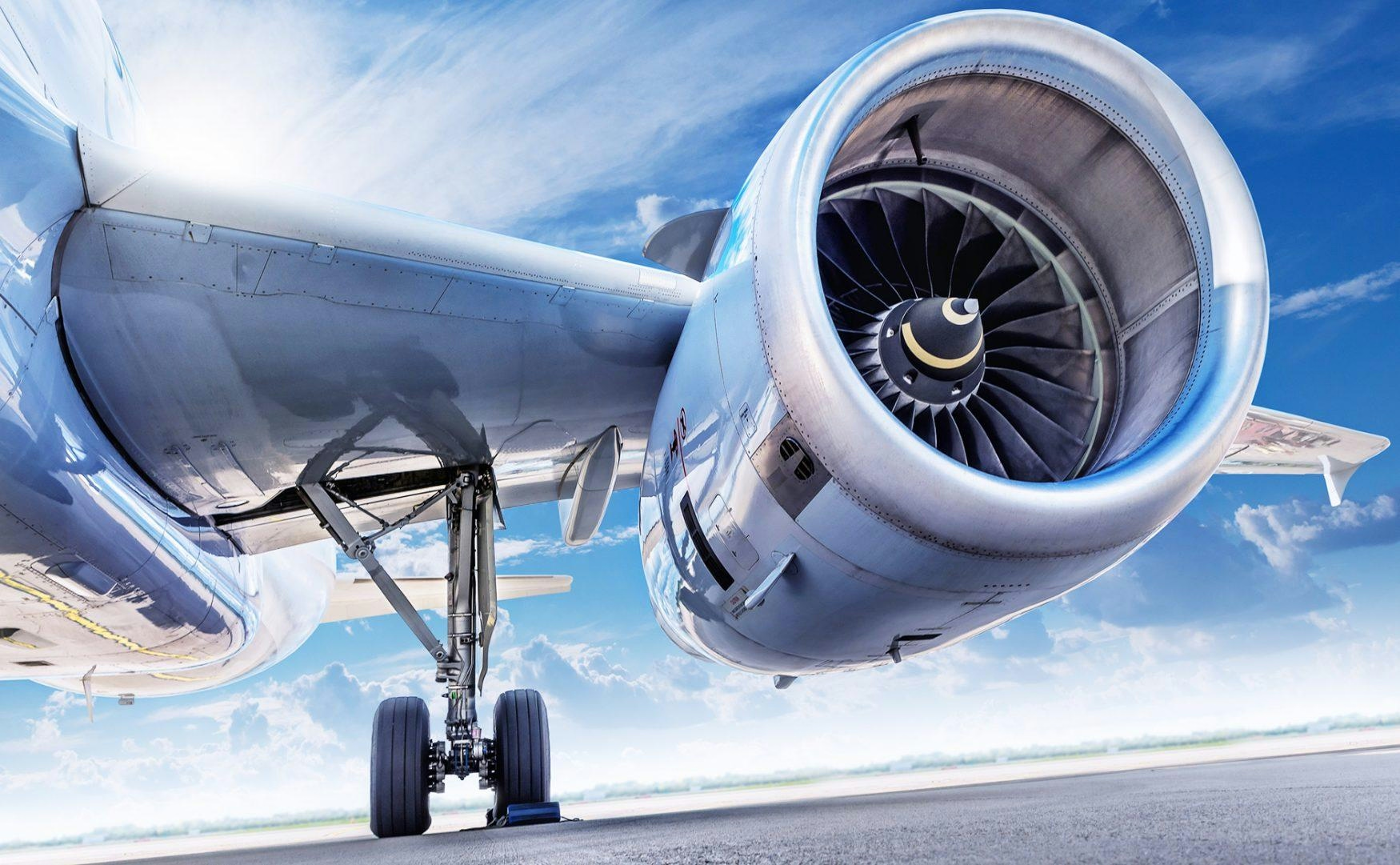AeroGenie — Your Intelligent Copilot.
Trending
Categories
Report Highlights Importance of Data Quality for Aviation AI

Report Highlights Critical Role of Data Quality in Aviation’s AI Future
A recent report by global air travel data provider OAG underscores the pivotal importance of data quality in the successful integration of artificial intelligence within the aviation industry. Titled “Why Aviation’s AI Future Hinges on Data Quality,” the study emphasizes that the sector’s next technological advancements depend fundamentally on the integrity and reliability of the data underpinning AI systems.
The Imperative of Trusted Data in Aviation AI
As airlines increasingly adopt AI technologies for functions such as predictive maintenance, demand forecasting, disruption management, and customer service, the report reveals that many of these systems remain vulnerable due to inaccurate or incomplete datasets. Flawed data—ranging from outdated flight schedules to inconsistent operational records—can lead to significant operational disruptions, including missed connections, inefficiencies, and financial losses. OAG stresses that AI models are only as dependable as the data on which they are trained, and in an industry where precision is critical, even minor inaccuracies can cascade into major complications. For instance, discrepancies in departure times or outdated minimum connection times may cause itinerary errors, while erroneous on-time performance data can distort predictive models for crew and aircraft scheduling.
The report draws on academic and industry research indicating that up to 85 percent of enterprise AI projects fail due to data quality issues. In aviation, the stakes are even higher, as the sector demands near-zero defects; small errors can pose serious safety and operational risks.
Challenges and Industry Responses
Beyond technical hurdles, the report highlights that scaling AI initiatives in aviation is often impeded by inadequate data quality. A recent Newsweek analysis corroborates this, noting that poor data governance limits airlines’ ability to fully leverage advanced AI technologies. Market skepticism about AI’s transformative potential without robust data foundations has been documented in Aviation Week, reflecting broader concerns within the industry. In response, some competitors are intensifying investments in data governance and AI integration to secure competitive advantages. Notably, collaborations such as that between Luminary and Northrop, which aims to accelerate spacecraft thruster design through enhanced data and AI synergy, exemplify this strategic focus.
OAG’s analysis calls for structural investments in data governance and validation across airlines and travel companies, emphasizing that curated and trusted data sources are essential for building reliable AI systems. The report concludes with a clear message: “AI won’t fix aviation’s data problem. Trusted data will.”
Emerging AI Applications and the Data Quality Imperative
The study also identifies promising AI applications in aviation, including generative itinerary planning and autonomous operational decision-making. However, it warns that without consistent, real-time data inputs, these systems risk generating “garbage at the speed of light,” thereby compromising both safety and efficiency.
As the aviation industry accelerates efforts to harness AI’s potential, the report makes it clear that data quality is not merely a technical concern but the foundational element upon which the future of flight will be constructed.

Emirates Unveils Cabin Design for New Boeing 777X

Eighteen Years On, the Airbus A380 Remains Central to a $34 Billion Airline

How a boom in luxury airline seats is slowing down jet deliveries

Navitaire Outage Attributed to Planned Maintenance

DigiYatra Debuts Outside Aviation at India AI Impact Summit

Vietnam Orders Strengthen Boeing’s Commercial Outlook

Airbus Signals Uncertainty Over Future A400M Orders

JobsOhio Awards $2 Million Grant to Hartzell Propeller for Innovation Center

Collins Aerospace Tests Sidekick Autonomy Software on YFQ-42A for U.S. Air Force CCA Program

How the Airbus A350-1000 Compares to the Boeing 777
